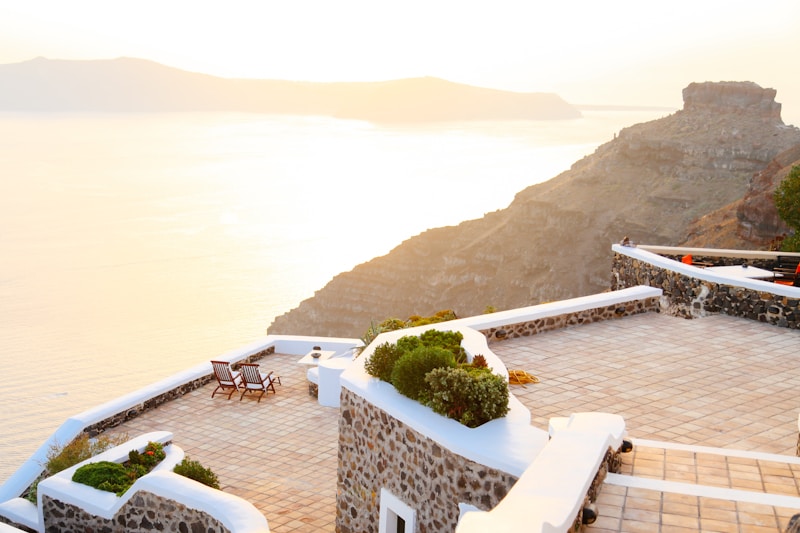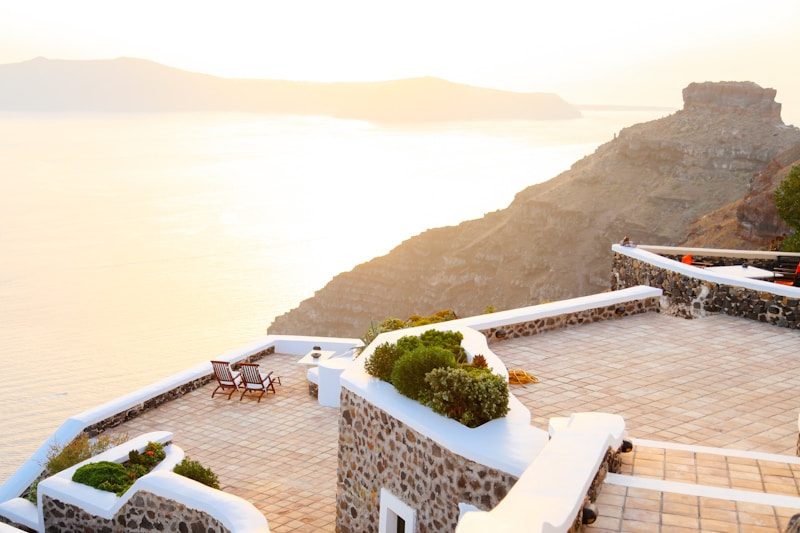Questions and Answers
What geographical factor contributed to the formation of independent city-states in Greece?
Mountainous peninsula and islands
What were the primary reasons for the decline of Mycenaean civilization?
Internal conflicts, invasions, and natural disasters
Who composed the epic poems Iliad and Odyssey during the Dark Age of Greece?
Homer
What concept, emphasizing moral and physical excellence, was central in Greek culture?
Signup and view all the answers
Which formation of foot soldiers with shields is commonly associated with ancient Greek warfare?
Signup and view all the answers
Who oversaw significant infrastructure projects in Athens during the Age of Pericles?
Signup and view all the answers
What was the significance of the Battle of Aegospotami during the Peloponnesian War?
Signup and view all the answers
What did the Sicilian Expedition reveal about Athens' naval power?
Signup and view all the answers
Which philosopher discussed concepts of justice, governance, and the philosopher-king in 'The Republic'?
Signup and view all the answers
What type of conflicts were typically depicted in Greek tragedies?
Signup and view all the answers
In ancient Greece, what were oracles used for?
Signup and view all the answers
What did the architecture and sculptures of the Parthenon symbolize in Athens?
Signup and view all the answers
Study Notes
Geographical Factors in Ancient Greece
- Mountainous terrain and numerous islands led to isolated communities, fostering independent city-states like Athens and Sparta.
- Limited arable land encouraged maritime trade and colonization, contributing to economic diversity.
Decline of Mycenaean Civilization
- Invasion by the Dorians resulted in the collapse of Mycenaean power and cultural decline.
- Natural disasters such as earthquakes may have weakened their infrastructure and economy, hastening decline.
Epic Poets of the Dark Age
- Homer is credited with composing the epic poems "Iliad" and "Odyssey," which reflect heroic ideals and historical narratives of early Greece.
Central Concept in Greek Culture
- Arete, which signifies moral and physical excellence, was a core value guiding personal and communal conduct in Greek society.
Ancient Greek Warfare
- The phalanx formation, involving tightly packed infantry soldiers (hoplites) with shields, became a prominent tactic in Greek military strategy.
Infrastructure Projects in Athens
- Pericles, the Athenian leader during its Golden Age, oversaw significant projects such as the construction of the Parthenon, enhancing Athens' cultural prominence.
Battle of Aegospotami Significance
- The battle resulted in a decisive victory for Sparta and marked the end of Athenian naval dominance, leading to the fall of the Athenian Empire.
Sicilian Expedition's Impact on Athens
- The failed Sicilian Expedition exposed vulnerabilities in Athens' naval power and contributed to its eventual defeat in the Peloponnesian War.
Philosopher Discussing Justice
- Plato, in his work 'The Republic,' explores themes of justice, the role of governance, and the idea of a philosopher-king as an ideal ruler.
Themes in Greek Tragedies
- Greek tragedies often depicted conflicts involving fate, moral dilemmas, and the consequences of hubris, reflecting deep philosophical questions of human existence.
Use of Oracles in Ancient Greece
- Oracles, such as the Oracle of Delphi, were consulted for guidance on important decisions, serving as intermediaries between the divine and individuals.
Symbolism of the Parthenon
- The architecture and sculptures of the Parthenon symbolize Athenian power, artistic achievement, and devotion to the goddess Athena, embodying the ideals of Classical Greece.
Studying That Suits You
Use AI to generate personalized quizzes and flashcards to suit your learning preferences.
Description
Learn about the geography of ancient Greece, the decline of Mycenaean civilization, the works of Homer during the Dark Age, and the concept of Arete emphasizing moral and physical excellence.




